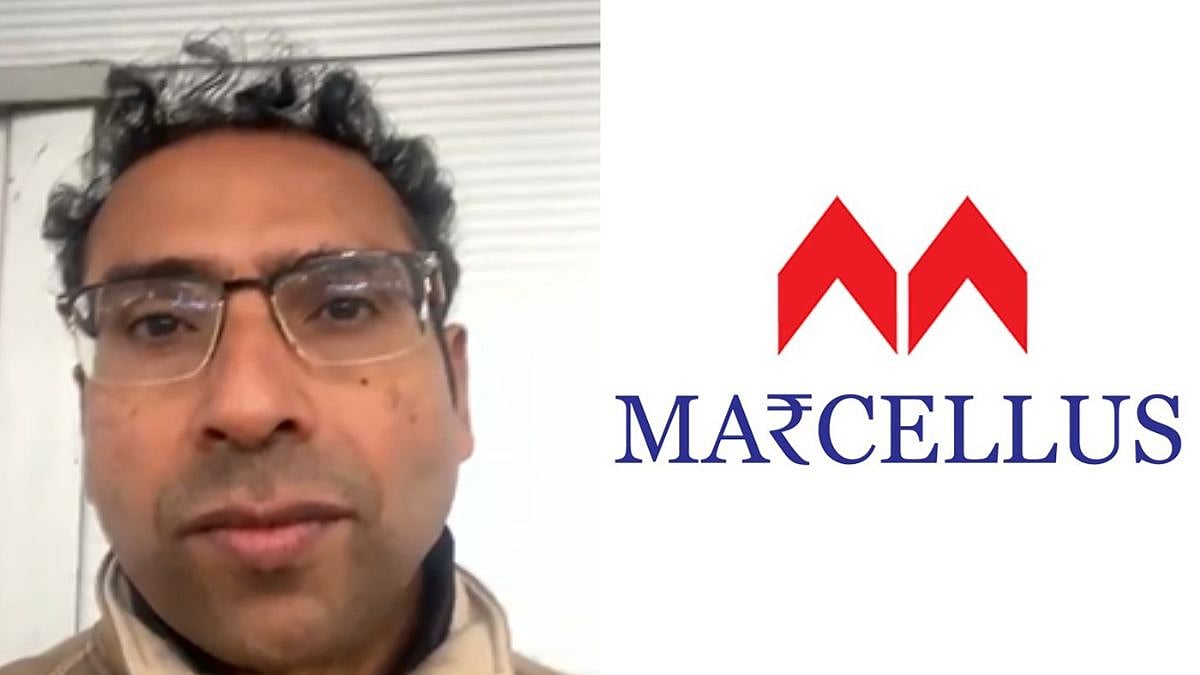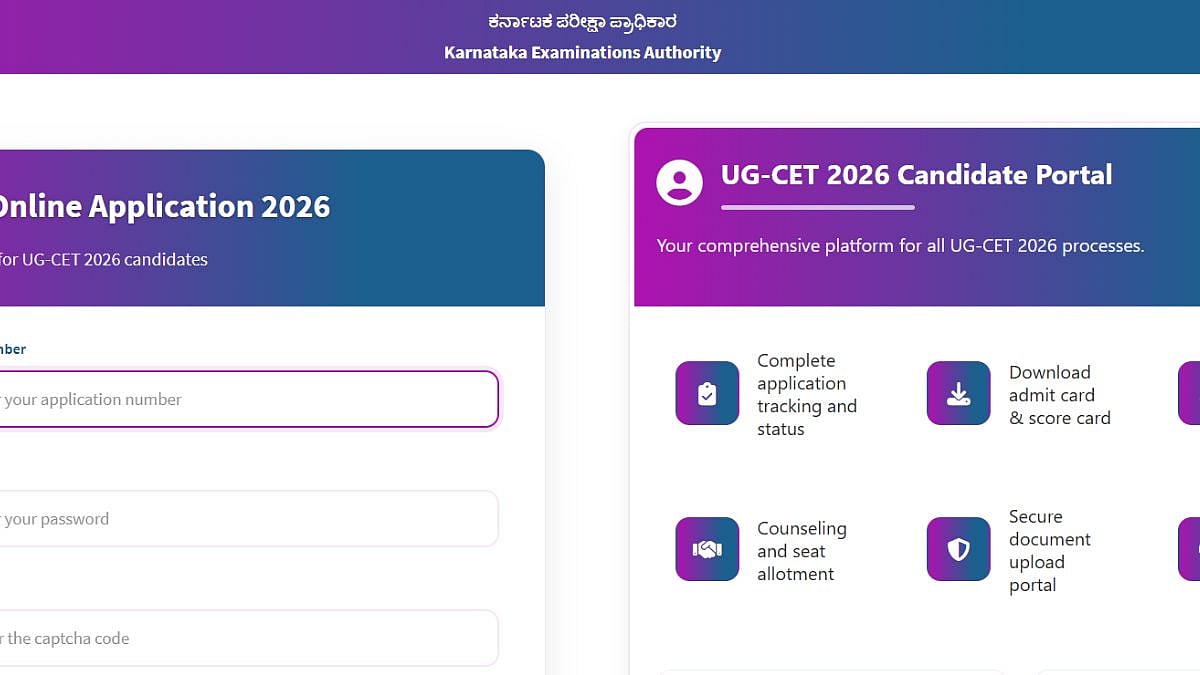Mumbai: As cases of heart disease rise rapidly in Maharashtra, the state government’s STEMI program has emerged as a life-saving initiative. Launched in January 2020 in collaboration with Bengaluru-based Trikon Health, the program focuses on timely diagnosis and treatment of ST-Elevation Myocardial Infarction (STEMI), a common type of heart attack. Since its inception, the program has already saved 13,203 lives across the state.
How STEMI Attacks the Heart
STEMI, or ST-Elevation Myocardial Infarction, occurs when a part of the heart’s blood supply is blocked, depriving heart muscles of oxygen and causing a heart attack.
Spoke-and-Hub Model for Faster Treatment
The program uses a ‘spoke and hub’ model. Spoke centres include sub-district and district hospitals equipped with intensive care and emergency services, while hubs are larger hospitals with cardiologists and heart surgery facilities. Currently, 1,906 primary health centres across 34 districts are part of the initiative.
Rise in ECG Tests and STEMI Cases
From 2020–21 to 2024–25, there has been a significant rise in ECG testing and STEMI cases. In 2020–21, only 3,402 ECG tests were conducted, detecting 30 STEMI cases. The following year, 1,05,471 tests identified 1,010 cases, and in 2022–23, 3,35,127 tests detected 2,782 STEMI cases.
In 2023–24, the number of ECG tests rose to 3,96,444, with 2,642 STEMI cases detected. The most remarkable increase came in 2024–25, when 10,73,232 tests were conducted, uncovering 6,077 STEMI cases. Up to 30 April 2025 alone, 1,41,190 tests had been done, detecting 662 STEMI cases.
High-Risk Groups in Maharashtra
According to officials attached to this initiative, heart disease affects 3–4% of rural populations and 8–10% of urban populations in Maharashtra. Men aged 30–40 years and women aged 40–60 years are particularly vulnerable. Coronary artery disease, a leading cause of STEMI, significantly increases the risk of heart attacks.
AI and Cloud Technology for Rapid Diagnosis
Patients showing heart attack symptoms undergo an ECG at a spoke hospital. Using AI technology, cardiologists analyse the ECG within minutes, and results are sent to the hospital via the cloud, enabling rapid intervention. Patients diagnosed with STEMI receive thrombolysis treatment immediately and are transferred via 108 ambulance services to the nearest hub for advanced care. The current average ECG analysis time is just 4 minutes.

Common Risk Factors of Heart Disease
Health experts cite high blood pressure, diabetes, genetics, unhealthy diet, lack of physical activity, tobacco and alcohol use, stressful lifestyle, and mental stress as major contributors to heart disease.
The STEMI program has proven effective in reducing fatalities by enabling early detection and prompt treatment, and authorities aim to expand it further to cover all government hospitals across Maharashtra.








